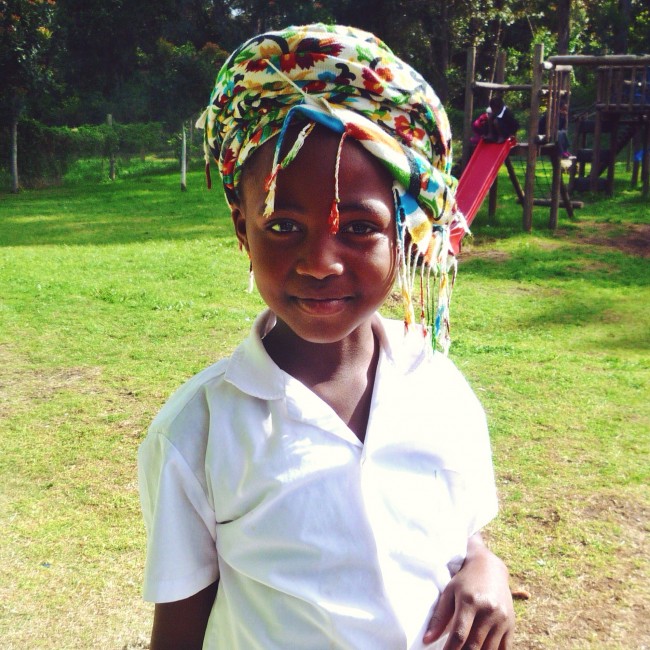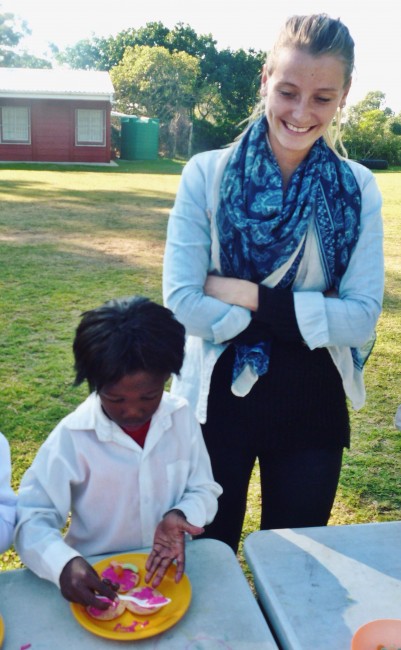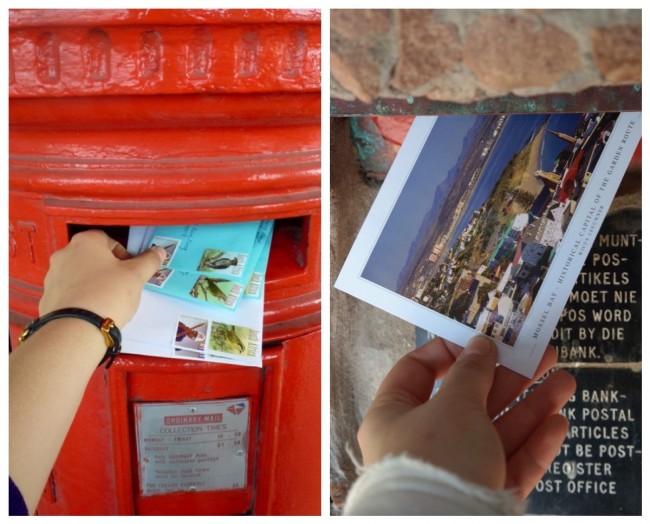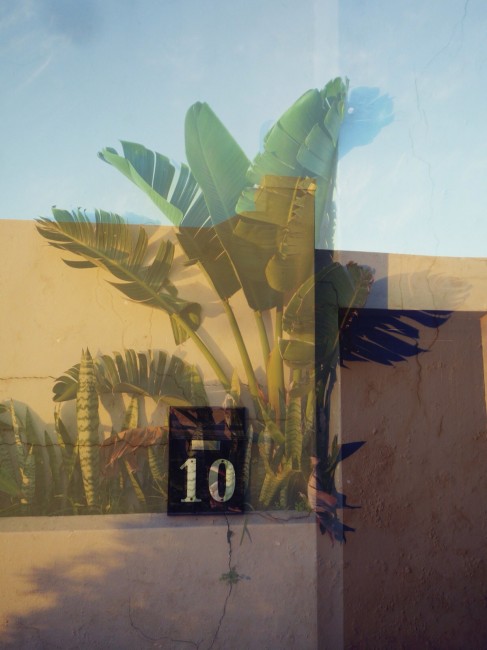uMzantsi Afrika
After the first hectic week of going new places and meeting new people, the second and third weeks in South Africa were about finding a routine and building relationships. While serving at the Human Dignity Centre, I spent hours and hours with the children of Walmer. I’ll never forget how, as I read the classic bedtime story Guess How Much I Love You to one of the kids, he said, “Oh, I ate one of those once!” in reference to the hares, or how one of the girls used my colorful scarf as a headwrap (duku) and then posed like a queen.

It struck me that at one point in my life, I did not think of myself as a “kid person”––probably during my babysitting years, when it felt burdensome to entertain little humans. But the more time I spend with kids, the more precious they become to me. My heart melted every day that I walked into the classroom full of smiling eight- and nine-year-olds, and even when I left Port Elizabeth, part of me was still with those kids.
I also got to know the teacher whose classroom I had been visiting. Both the children and I called her Miss Amy, and she left at the end of my second week for another job. On her last day, she threw a cookie-decorating party, but I’m not sure the kids even realized that she was leaving until she was gone.

My last week at the HDC, I helped Miss Amy’s replacement transition to the classroom, or rather, I helped the kids adjust. Both sound presumptuous; in reality they would have been just fine without me, but I was glad to be the bridge between the second-graders school lives with and without our beloved Miss Amy. Inspired by one of my fellow volunteers and teacher-in-training, I made awards for each student in my class––with their name, picture, and something that made them special to Miss Amy and I. On my last day at the Human Dignity Centre, I gave them to the students with joy and tenderness, and they received them with shy giggles and hugs. I was only able to say goodbye to the kids by telling myself I would write them letters.
As the clock ticked in Port Elizabeth, I also thought about my expectations for the trip and how they differed from what I was actually encountering. During one of our OACS seminars this past spring, we watched a video called “Extreme By Design.” This wasn’t meant to be an example of how to act while serving abroad, but as a brief preview of the experience. I took a few notes that stood out to me at the time:
1. You will be hungry, tired, sick, or lonely at times.
2. Find motivation to push through your personal issues for the sake of the service at hand.
3. Group consensus takes time.
The first two items on the list defined my previous international service trips, but had not been an issue this summer. It’s not that I didn’t have any issues, just that they never got in the way of service. However, the third item on the list did drive me a little crazy on a regular basis. Everyone in our group is an adult, with valid needs, constraints, and opinions, and making decisions to accommodate everyone was so difficult. It was a true exercise in patience for me, and even then, I wasn’t the one who made a final decision.
My expectations were also based on previous travel experiences: it’s typical that the food, the bed, the washrooms, and the technology are going to be very different than they are at home. For example, one summer I slept in a leaky tent for weeks, and another, snail mail was my only form of communication, and on a third, I used a communal shower and Eastern toilets.

Our guest house in South Africa, however, actually had better facilities than what I’m used to! For the first two weeks, the WiFi in particular was glorious, so much so that I felt too connected to technology. It kept me in contact with home, but I worried that it also kept me from engaging fully in each present moment.
I didn’t need to worry, however; soon afterward, our router stopped working, and that’s when I started to think of the Internet as a luxury, not a way of life. My Swiss roommate Florence and I would walk a kilometer to the nearest McD’s for cappuccinos and free WiFi, and in the meantime I did find it easier to live in the present moment instead of constantly posting to my various social media feeds and checking notifications. (A quick word on my dear Florence: The only person at the guest house who wasn’t from Vanderbilt, she’s staying in Port Elizabeth until the end of August. It seemed that everyone in our group is part of a pair or at least a smaller group, and Flo completed my pair.)
My last few days in Port Elizabeth were again hectic. We celebrated Youth Day, I helped at a soup kitchen, I heard the life story of a respected resident of Walmer, and I tried to enjoy a solstice fête de la musique in the nearby Richmond Hill. Before I knew it, we’d said goodbye to Chalmers Nº10 and driven to Cape Town.
